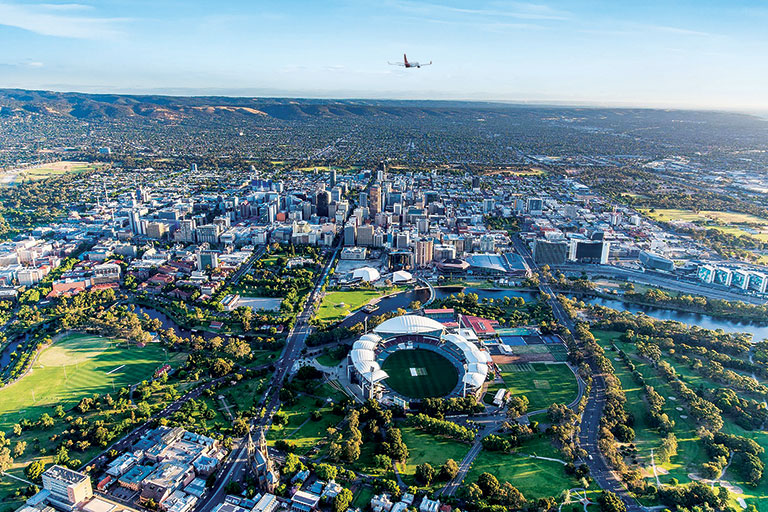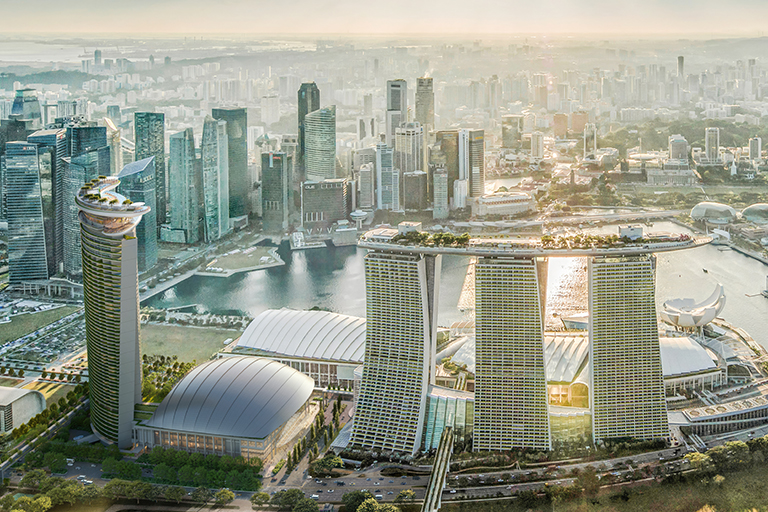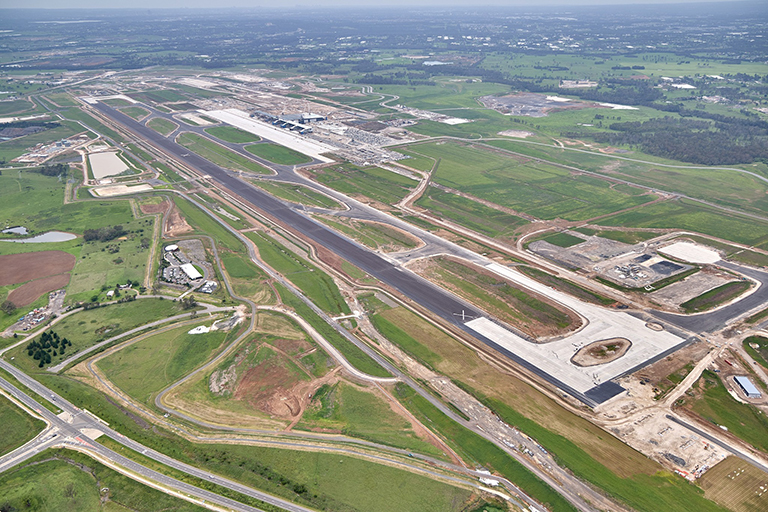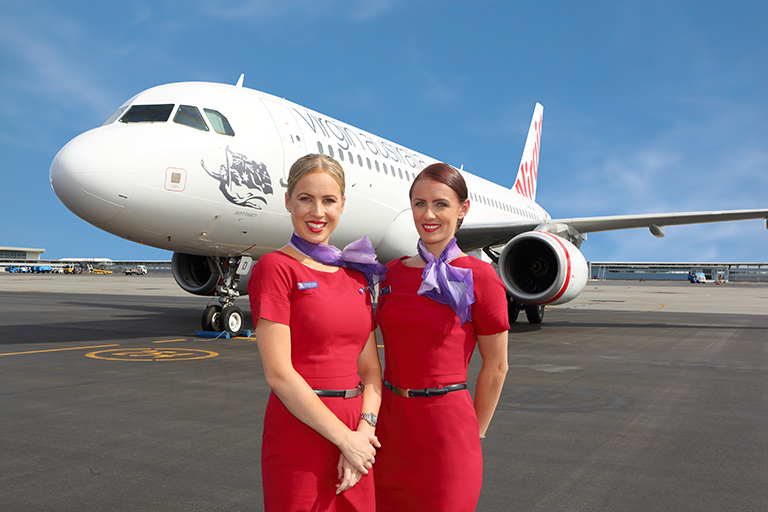
Adelaide joins international sustainability movement
Adelaide has joined the growing number of Australian cities in the Global Destination Sustainability Movement (GDS-Movement).

Adelaide has joined the growing number of Australian cities in the Global Destination Sustainability Movement (GDS-Movement).

Applications have opened to join the Gold Coast’s mega business events famil in July.

Self-described as a “Queenslander through and through” Patricia O’Callaghan left her home town of Mount Isa to study

SkyCity Entertainment Group’s new CEO has over two decades of experience in gaming.

Little National Newcastle has opened in the biggest regional centre in New South Wales.

One of Singapore’s most eye-catching developments is set to get bigger.

With less than one thousand days until Western Sydney International Airport opens, new opportunities are materialising.

New Zealand’s national carrier has signed a deal for nine million litres of sustainable aviation fuel (SAF) all

The 25Hours Hotel, opening in Sydney next year, has its first general manager while a familiar face has

Melbourne’s newest rooftop event destination opened on the weekend beside the Yarra River.

Australia’s two major airlines, Qantas and Virgin Australia, alongside Singapore Airlines (SIA), have taken out the three travel

The two major hotel chains have been selected for HRD Australia’s annual list of the best companies